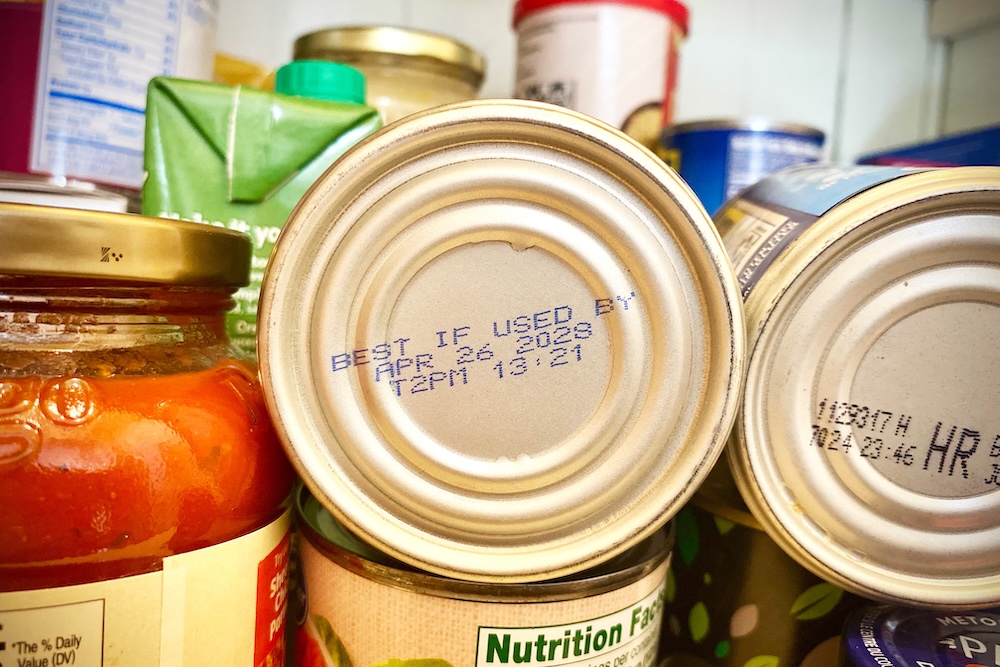.jpg)
The Supplemental Nutrition Assistance Program - Education, or SNAP-Ed, was launched in 1992 as the nutrition education arm of SNAP, the nation’s largest and oldest nutrition assistance program that provides economic benefits to low-income individuals and families.
Formerly known as the Family Nutrition Program and Food Stamp Nutrition Education, the program that began with just seven states providing nutrition education is now in its 30th year and active in all 50 states as well as the District of Columbia, the Virgin Islands and Guam.
The UGA SNAP-Ed program, working in collaboration with UGA Cooperative Extension and a network of federal, state and local resources, is a vital part of the national mission to eliminate diet and physical activity-related health disparities among low-income Georgians.
The program, which includes a multidisciplinary research and outreach team of faculty, staff and students from three colleges, reaches more than 3 million low-income Georgians a year through four major interventions.
As part of the 30th anniversary celebration, the UGA SNAP-Ed team was recently highlighted by the national SNAP-Ed program’s webinar series for its innovative Food e-Talk curriculum, a smartphone-based online nutrition education program that launched in 2020. “It’s exciting to see UGA SNAP-Ed highlighted and honored as part of the 30-year celebration,” said Allisen Penn, associate dean for Extension and outreach in the UGA College of Family and Consumer Sciences. “UGA SNAP-Ed has the first asynchronous, online evidence-based curriculum in the country. The innovations developed by principal investigator Jung Sun Lee and the UGA SNAP-Ed team increase healthy eating behaviors and reduce obesity among SNAP clientele in Georgia and inform SNAP-Ed across the country.”

Funded by the U.S. Department of Agriculture since 2013, the UGA program focuses on four approaches to achieve its goals of helping low-income Georgians prevent obesity:
- Face-to-face or virtual nutrition education programs based on three curricula: Food Talk, Food Talk: Better U, and Food Talk: Farmers Market, which use a paraprofessional peer educator model in 11 urban and rural counties
- Food eTalk and Food eTalk: Better U mobile-friendly online eLearning nutrition education in all 159 Georgia counties
- Social marketing Food Talk and Drink Water, Georgia! campaigns through electronic newsletters, social media and texting campaigns promoting culturally tailored healthy eating and physical activity messages available in all Georgia counties
- Policy, systems and environmental (PSE) change interventions including Healthy Child Care Georgia in four counties, Food As Real Medicine Prescription (FARM Rx) in Clarke County, and the 4-H Farm to Fork program in Jackson and Turner counties, which combine both PSE approaches and direct nutrition education that addresses socioeconomic factors by making healthy choices more accessible
In 2021, 1,225 low-income Georgians participated in the Food eTalk program, with 82% of participants reporting they planned to eat more fruits and vegetables and 79% planning to reduce portion sizes.
Of the 439 participants in the Food Talk and Food Talk: Better U programs, 59% reported improved nutrition practices and 54% increased days of cardiovascular exercise or lifting weights.
“With ongoing efforts in establishing effective SNAP-Ed implementation models, UGA SNAP-Ed was able to continue programming during the pandemic and social distancing times, reach priority audiences across the state and help participants improve dietary intake, food resource management and physical activity practice,” Lee said.
In addition to the College of Family and Consumer Sciences, faculty from the College of Agricultural and Environmental Sciences and the Franklin College of Arts and Sciences are involved in the UGA program.
The UGA SNAP-Ed team also includes 12 grant-funded staff members, four FACS Extension program development coordinators, seven FACS Extension agents, 14 paraprofessionals or peer educators and one FACS educator. UGA SNAP-Ed has received more than $26 million in funding since its founding in 2013. The program has published 21 peer-reviewed journal papers, delivered 55 presentations at national, regional and state conferences and has received three national awards for excellence.
“UGA SNAP-Ed’s accomplishments would not have been possible without the wonderful support from our funders and the hard work of all involved faculty, staff and graduate students,” Lee said. “We look forward to our continued achievements as we strive to promote healthy eating and active lifestyles and advance health equity for Georgians in the coming years.”






